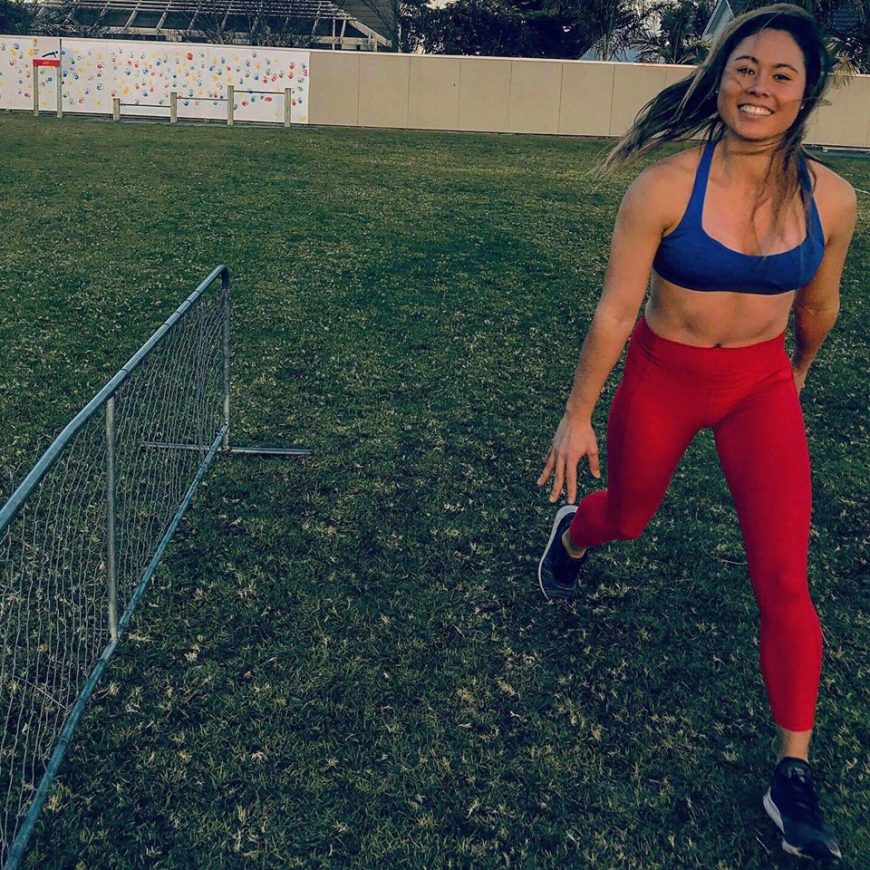Natural sleep solutions…
-
- Technology
Historically, humans were exposed to blue light (from the sun) in the morning and yellow light (from the moon) in the evening. The changing of light colour impacts our circadian rhythm. Blue light boosts serotonin, while melatonin plummets. Yellow light builds melatonin and diminishes serotonin. Electronics emit blue light, tricking our bodies into thinking it is the morning, keeping us awake. Ideally, we would not use technology for at least an hour before bed. Aim for a minimum of 30 mins and build up when you are able.
- Routine
Sleep hygiene describes the habits and practices that are conducive to sleeping well on a regular basis. A nightly ritual before bed can significantly improve sleep. This may include fictional reading, stretching, yoga, meditating, or a relaxing bath with 2 cups of Epsom salts (magnesium sulphate) and 10-15 drops of calming essential oils e.g. Lavender. Establish a routine by sleeping and waking at a regular time daily. Routine is calming, nurturing and familiar to humans. Try to go to sleep and wake up at the same time every night for 21 days. It takes 21 days to make or break a habit. - Environment
Quiet, dark and cool are the perfect sleeping conditions. The ideal temperature for sleep is 18-21˚C. A fan in summer and a heater in winter may be required.
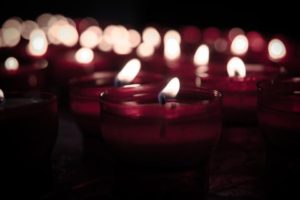 4. Meal timing
4. Meal timing
Aim to finish eating at least 2 hours before sleep, 3 hours ideally. Eat a lighter meal in the evening to avoid feeling overfull while sleeping. However, it is also difficult to sleep if you’re hungry or have low blood sugar (common in diabetics). Stress, dieting, fasting and over-exercising can inhibit sleep due to calorie deprivation, which is a starvation response. In this situation, our bodies want us to eat to survive the famine because it thinks we are in danger – this is our biological response that has been drilled into us for survival of the human race.
5. Melatonin Melatonin (sleep hormone) and serotonin (happy hormone) balance like a seesaw. The higher serotonin is in the morning, the higher melatonin is going to be that evening, and vice versa. Sunlight exposure in our eyes in the morning (without sunglasses) boosts serotonin and diminishes melatonin, promising a better sleep that evening.
6. Tryptophan
An essential amino acid (building block of protein) required for the conversion of serotonin into melatonin. Many foods contain tryptophan (especially protein-rich foods because it is an amino acid). Turkey is one of the highest sources. 7. Magnesium
A vital mineral for sleep because it relaxes your muscles and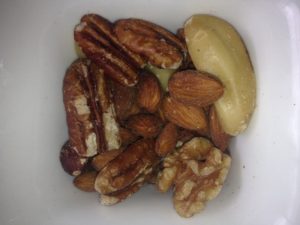 relieves muscle cramps. Magnesium is found in leafy greens, nuts and seeds. For many people it is difficult to obtain sufficient magnesium through diet, therefore, supplementation may be inevitable. The most easily absorbed forms of magnesium are glycinate, taurate, citrate and aspartate. Avoid magnesium oxide, carbonate, sulfate and gluconate, because they are poor quality and only have a relaxing effect on the bowel muscle (resulting in diarrhoea) as opposed to skeletal muscles. Magnesium is depleted by stress, caffeine, alcohol, processed foods and some medications e.g. hypertensive drugs and diuretics. Tip: a simple test to determine if you are magnesium deficient is to stick your tongue out in front of a mirror – slight shaking or quivering indicates magnesium deficiency. 8. Stimulants
relieves muscle cramps. Magnesium is found in leafy greens, nuts and seeds. For many people it is difficult to obtain sufficient magnesium through diet, therefore, supplementation may be inevitable. The most easily absorbed forms of magnesium are glycinate, taurate, citrate and aspartate. Avoid magnesium oxide, carbonate, sulfate and gluconate, because they are poor quality and only have a relaxing effect on the bowel muscle (resulting in diarrhoea) as opposed to skeletal muscles. Magnesium is depleted by stress, caffeine, alcohol, processed foods and some medications e.g. hypertensive drugs and diuretics. Tip: a simple test to determine if you are magnesium deficient is to stick your tongue out in front of a mirror – slight shaking or quivering indicates magnesium deficiency. 8. Stimulants
Caffeine in coffee, black tea and energy drinks should not be consumed after lunch, if at all. Theobromine in dark chocolate, cocoa and cacao is best to be avoided after dinner. Stimulants inhibit deep sleep. Even if you get to sleep after consuming stimulants, it’s not likely to be high quality sleep, which is vital for rest and repair.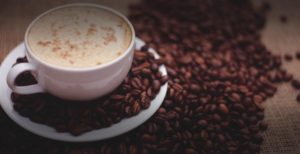 9. Hydration
9. Hydration
Dehydration compromises sleep quality. Sleeping in hot temperatures results in fluid loss. Drink plenty of water during the day. Drink less in the evening to avoid a trip to the bathroom during the night, which may distrupt sleep. 10. Herbal Medicine and teas
Hypnotic herbs induce drowsiness and sleep. These include California poppy, Hops, Kava, Passionflower, Zizyphus and Valerian. These potent Herbal Medicines are dispensed by qualified Herbalists. The herbs and doses is selected on an individual basis. Chamomile, Valerian, Lavender, Lemon balm, St. John’s wort, Peppermint, Kava and Passionflower tea, or other sleep tea blends can be purchased by anyone wishing to improve their sleep. Check out my Sleep Deep Tonic.
- Technology
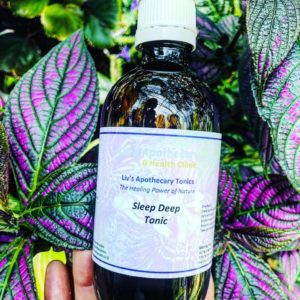
Consult with me to determine the cause of your sleep difficulties and prescribe Herbal Medicine, individualised to you.



